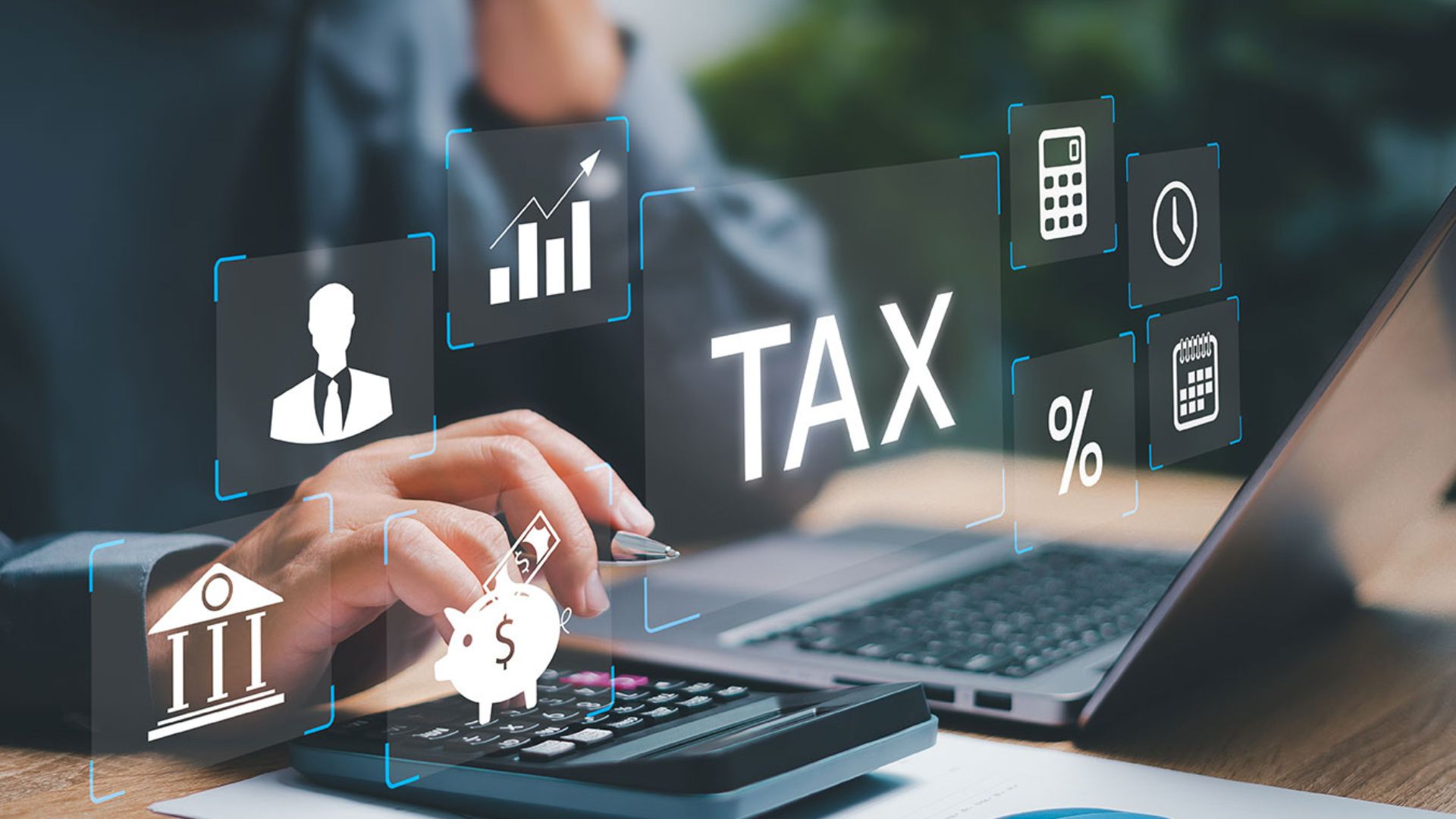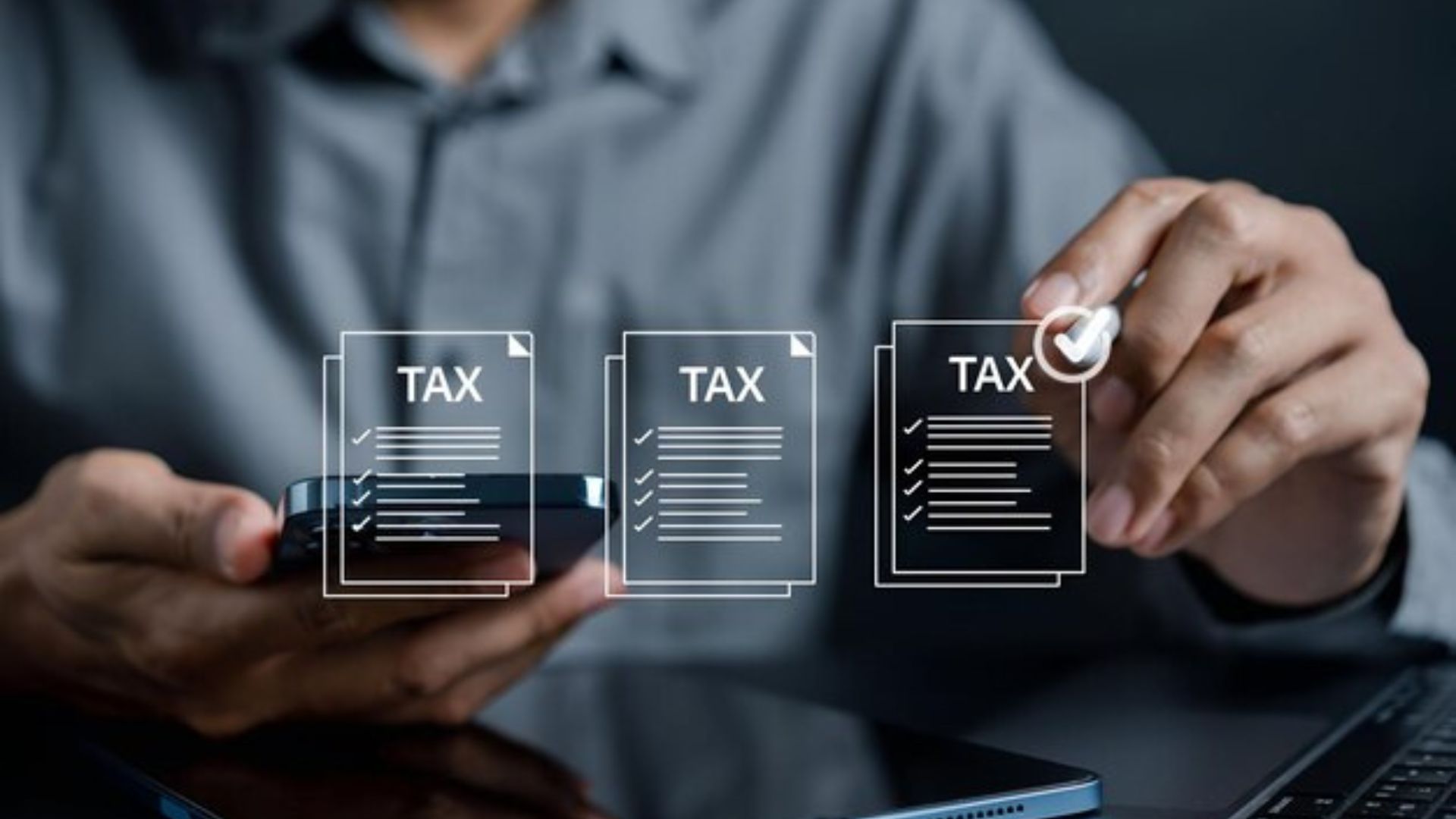Practices for tax accounting are essential for both individuals and businesses. Proper tax accounting ensures compliance with tax laws while maximizing savings. In this article, we’ll discuss the best practices for effective tax accounting, so you can manage your taxes with confidence and ease.
Understand Tax Regulations
The first step in establishing effective practices for tax accounting is understanding tax regulations. Each year, tax laws can change, and it’s crucial to stay informed about these changes. Familiarize yourself with federal, state, and local tax laws that apply to your situation. Regularly reading tax news or consulting with a tax professional can help you remain compliant and avoid costly mistakes.

Organize Financial Records
Keeping organized financial records is vital for effective tax accounting. Use a systematic approach to categorize your income and expenses. Create folders for different types of documents, such as receipts, invoices, and bank statements. Digital tools can help you manage these records efficiently. When tax season arrives, having everything organized will save you time and reduce stress.
Use Accounting Software
Utilizing accounting software can greatly improve your practices for tax accounting. Many software options are available that cater to different needs. Look for software that can automate calculations, track expenses, and generate financial reports. These features can simplify your accounting process and ensure accuracy. Additionally, many accounting programs can integrate with tax preparation software, making the filing process smoother.
Track Deductible Expenses
Identifying and tracking deductible expenses is crucial in minimizing your tax liability. Keep a detailed record of all business-related expenses, such as travel, supplies, and meals. Understand which expenses are deductible and ensure you have proper documentation for each. This practice not only helps you save money but also makes tax preparation easier when the time comes.
Keep Up with Tax Deadlines
Staying aware of tax deadlines is a critical part of effective tax accounting. Missing a deadline can lead to penalties or interest charges. Create a calendar with important dates, including filing deadlines and payment due dates. Set reminders for yourself or your accountant to ensure that you are always on track. This organization helps you avoid last-minute rushes and errors.
Consult with Tax Professionals
While self-managing your taxes is possible, consulting with tax professionals can enhance your practices for tax accounting. Tax accountants can provide expert advice tailored to your specific situation. They can help you navigate complex tax laws, identify potential deductions, and ensure compliance. Investing in a tax professional can save you time and money in the long run.
Review Financial Statements Regularly
Regularly reviewing your financial statements is another best practice for tax accounting. This review allows you to understand your financial position and make informed decisions throughout the year. It can also help you identify any discrepancies that may affect your taxes. By keeping a close eye on your financials, you can adjust your practices to optimize your tax situation.
Plan for Future Taxes
Effective tax accounting is not just about filing taxes; it’s also about planning for the future. Consider your financial goals and how they will impact your tax situation. For instance, if you anticipate a higher income next year, you may want to adjust your withholding or set aside additional funds for taxes. This proactive approach can help you avoid surprises during tax season.
Educate Yourself on Tax Strategies
Educating yourself on various tax strategies can greatly improve your practices for tax accounting. Learn about different tax-saving options, such as retirement accounts, health savings accounts, and tax credits. Understanding these strategies can help you make informed decisions that benefit your financial situation. Regularly updating your knowledge ensures that you are taking full advantage of available tax benefits.
Maintain an Audit Trail
Finally, maintaining an audit trail is a crucial best practice in tax accounting. An audit trail consists of all the records related to your financial transactions. This includes invoices, receipts, bank statements, and correspondence with tax authorities. Keeping an organized audit trail can help you substantiate your tax filings in case of an audit. This practice not only provides peace of mind but also demonstrates your commitment to compliance.
Conclusion
In summary, implementing these best practices for tax accounting will help you navigate the complexities of tax management with ease. From understanding regulations to maintaining organized records, each step plays a vital role in ensuring compliance and maximizing savings. By adopting these practices, you will be better prepared for tax season and able to make informed financial decisions throughout the year.




